Mangaluru: The Unicode Consortium has announced the inclusion of Tulu script in its latest version, Unicode 16. This update adds 80 characters to the Unicode Standard, marking a significant milestone for the Tulu-speaking community.
According to officials, the journey to this achievement began in 2001 when a member of the Unicode Consortium helped fix the Kannada script in Unicode and simultaneously advocated for the inclusion of Tulu.
Despite initial misunderstandings with the Tulu Academy in Mangaluru, the groundwork was laid for future developments. Initially, three Tulu experts had worked on the subject, including S A Krishnaiah, a Tulu scholar.
"In 2014, efforts to create a Tulu Wikipedia gained momentum, leading to its launch on August 6, 2016. By 2017, the Tulu Academy recognised the need for Tulu Unicode, forming a committee to finalise the characters with technical guidance. Concurrently, another proposal for the Tilari script was submitted," Krishnaiah said.
After extensive correspondence, the script was officially added to Unicode under the name Tulu-Tigalari. While there are minor differences between the Tulu Academy's list and the finalised Unicode version, most characters have been included. Notably, Tulu digits and some diacritic marks necessary for writing Sanskrit in Tulu script were added, he said.
According to him, the inclusion of the Tulu script in Unicode will have a significant positive impact on digital communication for Tulu speakers, including enhanced digital presence. Tulu speakers can now use their native script across various digital platforms, including social media, websites, and messaging apps, fostering a stronger online presence.
The availability of Tulu in Unicode will facilitate the creation of educational materials, such as textbooks and online courses, in the Tulu script, supporting language learning and literacy, he said.
The development of Unicode-encoded fonts, keyboard software, and converters will streamline the use of Tulu in digital communication, making it easier for users to type and share information in their native script, he said.
Being part of the Unicode Standard gives Tulu global recognition, encouraging more software and application developers to support the script, thereby increasing its usability and visibility, the Tulu scholar said.
Overall, this will empower Tulu speakers to communicate more effectively and confidently in their language, both locally and globally.
It is estimated that over 1.8 million people worldwide speak Tulu. Most Tulu speakers live in the coastal areas of Karnataka and Kerala, India, in regions known as Tulu Nadu. There are also Tulu speakers in the Gulf countries and the United States, he said.
Tulu is a Dravidian language and is related to Kannada, the official language of Karnataka. Tulu has a rich oral tradition, but there isn't much written in the language. Tulu's script is similar to Malayalam and originated from the Grantha script.
A long-drawn fight is ongoing to include Tulu in the Eighth Schedule of the Constitution. The Dravidian University at Kuppam in Andhra Pradesh has a special Tulu chair, he added.
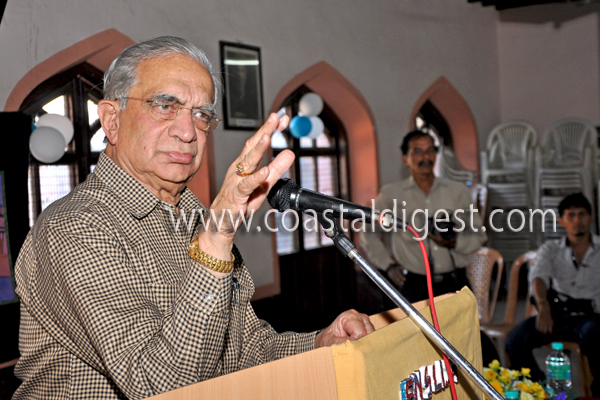
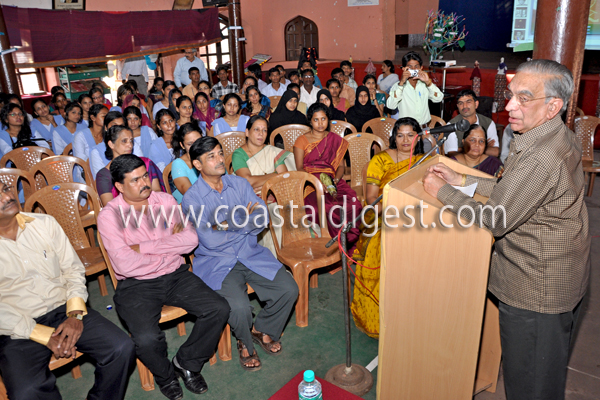
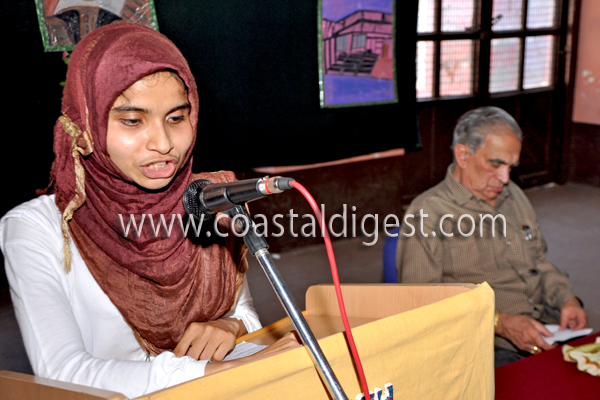
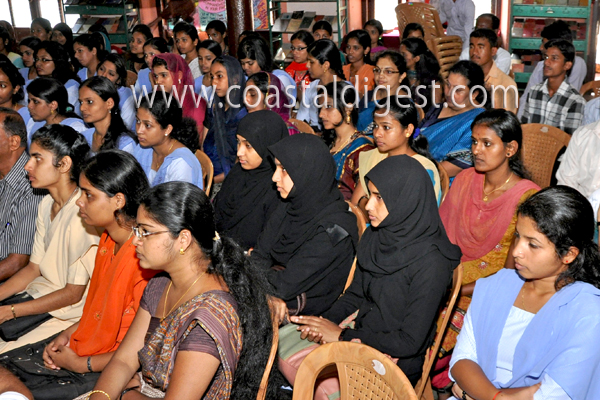
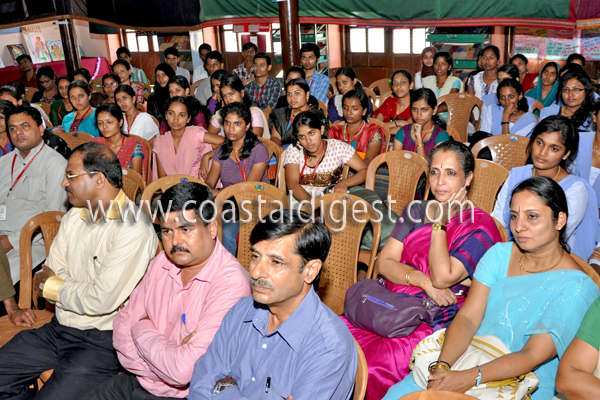
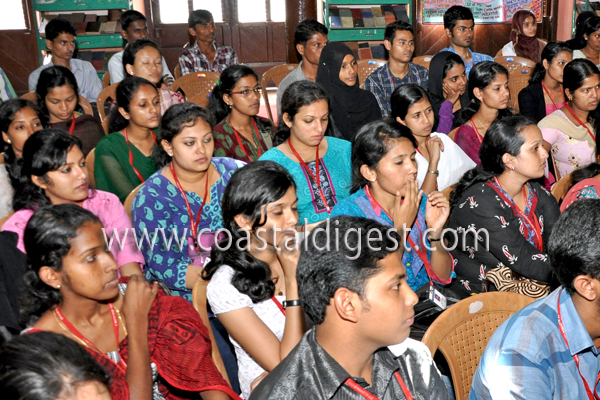
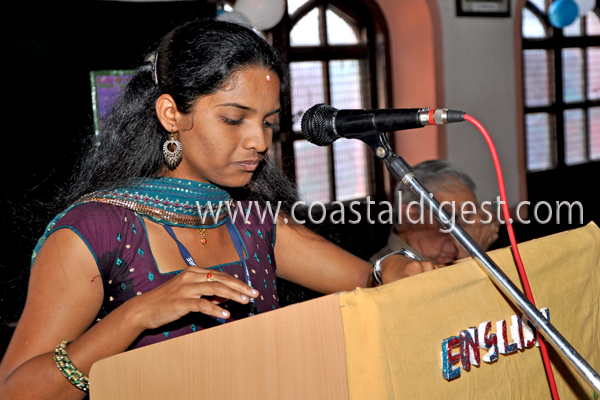
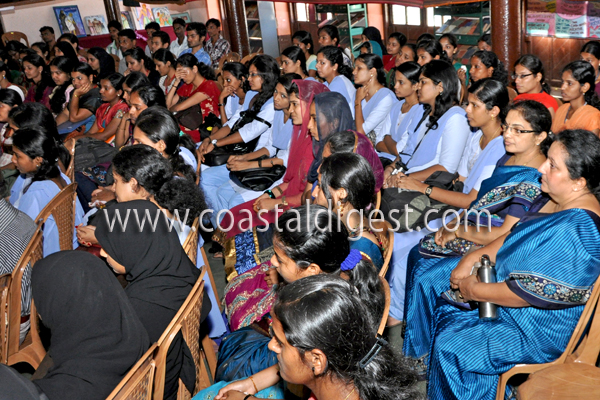
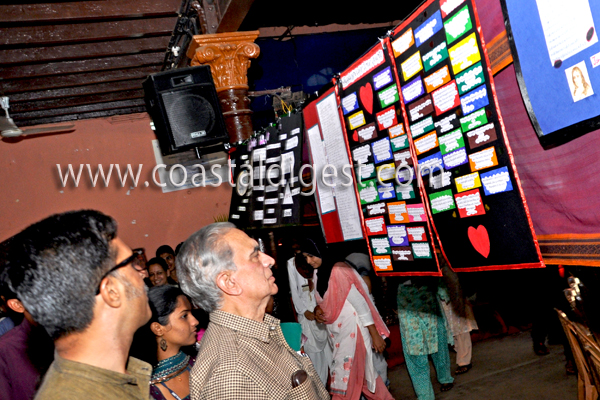
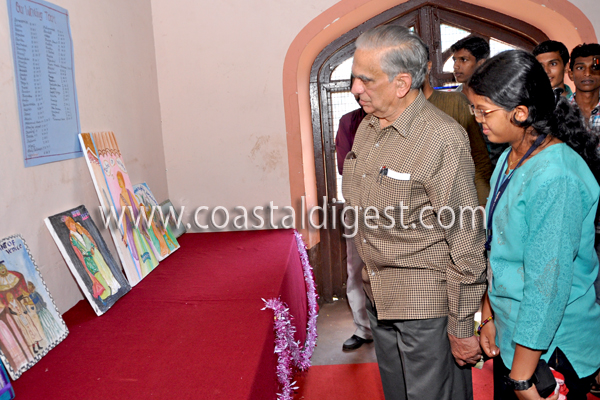
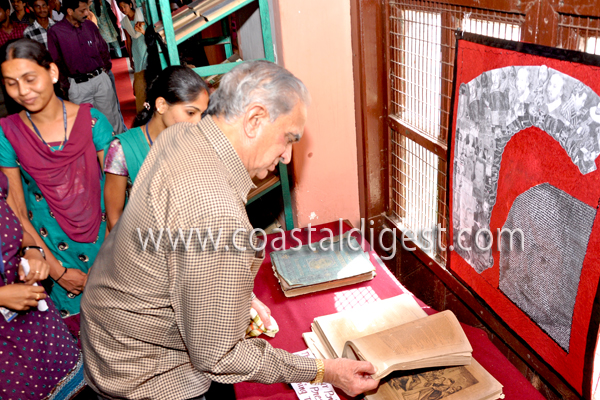
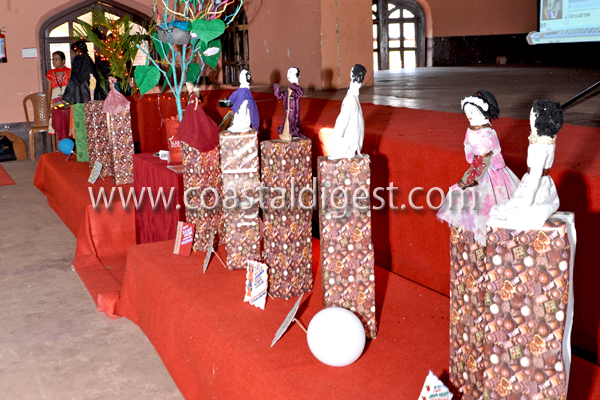







Comments
Add new comment